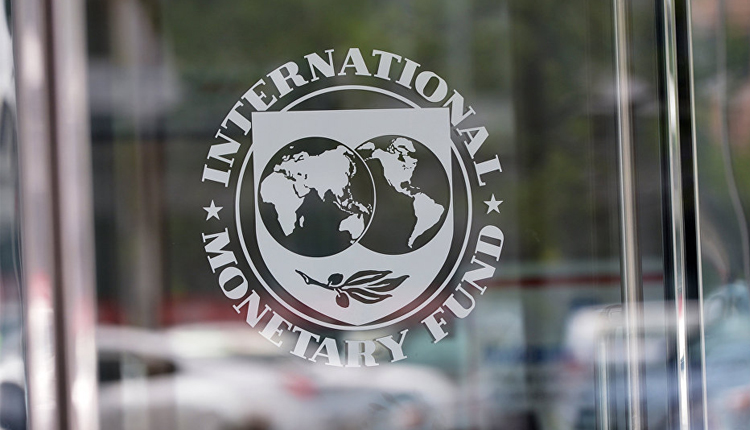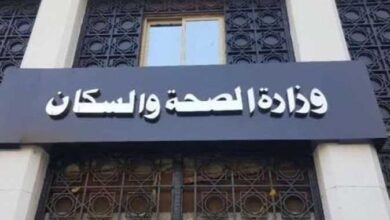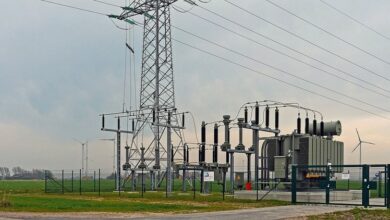First reactions to the much-feared high school exams, Thanaweyya Amma, fill the papers as students celebrate the easy Arabic language exam and the composition question, which revolved around the revolution instead of Hosni Mubarak’s achievements as it once did. Papers report on the security measures involving police, military and civilian volunteers in exam halls.
The state-run Al-Ahram reports exclusively on the start of investigations into the disappearance of the ousted president’s family jewelry and precious gifts from presidential palaces, and also reports that the newly-appointed national security apparatus has finally started issuing compensation to victims of its predecessor, the State Security Investigative Services.
The liberal Al-Wafd publishes the story of a barber who became jobless after receiving a bullet to his wrist during the revolution. The story shines the spotlight on the issue of the revolution’s injured, who are complaining of neglect.
Meanwhile the government’s new draft law concerning places of worship was heavily criticized in Sunday’s papers. The independent daily Al-Shorouk reports on a church’s reservations about the law and demands for modification. In Al-Dostour, Gamal As’ad says the law is being criticized by Muslims and Christians alike, adding that its application will not be guaranteed until the country's sectarian tensions are eased.
Muslim Brotherhood leader Mohamed Badie's recent statements provoked strong reactions, as other Brotherhood statements have tended to do in recent weeks. Badie said that Egypt’s 1956 and 1967 defeats against Israel and the January 25 revolution were God’s revenge against the regime for detaining Brotherhood members. Emad El Dein Hassan condemned the statement in his Al-Shorouk column, saying that if the revolution was God’s revenge it was for violations against all Egyptians, not just the Brotherhood. In the same paper, Wael Qandil says that the Brotherhood’s recent statements give the impression that it feels superior to the rest of the population.
Continuing its investigation into the identities of 19 unidentified bodies of protesters who died during the revolution, Al-Shorouk blames the government for not doing enough to determine who they were. The authorities say the bodies belong to inmates who attempted to escape from prison.
Meanwhile parliamentary elections in Turkey reopen the discussion of the possibility of that Egypt could follow the Turkish political model. Turkey’s ruling Justice and Development Party is seeking a majority that would allow it to introduce constitutional amendments. In his column entitled “Egypt and Turkey: There’s a difference,” Fahmy al-Howeidy dissects the similarities and differences between the two countries. The main differences, in his opinion, are that civil society and Islamic movement are strong in Turkey, while both are weak in Egypt. Howeidy says it is ironic that as the military's role in politics diminishes in Turkey, some intellectuals are calling for military rule in Egypt .
In his Al-Shorouk column, Farouk Geweida revisits the glory of the revolutionary Tahrir Square protests and compares them to outrageous violations such as thuggery and sectarian clashes that have occurred since. He says that those who persevered in Tahrir are capable of facing the thugs that endanger the nation’s security.
In the same newspaper, economist Wael Gamal warns of the danger that accepting a loan from the Intenational Monetary Fund poses to Egypt. He cites the example of Malaysia, which rejected a loan in 1999 and went on to achieve prosperity.
Important escalations in various Arab revolts are reported in the newspapers. In Syria, military choppers are being used to shoot protesters for the first time. News that the Yemeni president and his family have traveled to Dubai has been denied. Al-Dostour reports, citing an anonymous source, that Yemeni President Abdullah Saleh, who is being treated in Saudi Arabia for wounds caused by a rebel attack on the presidential mosque, remains in critical condition.
Finally, after provoking a storm of angry reactions, a court case against two judges for speaking up against military trials of civilians has been dismissed.
Egypt's papers:
Al-Ahram: Daily, state-run, largest distribution in Egypt
Al-Akhbar: Daily, state-run, second to Al-Ahram in institutional size
Al-Gomhurriya: Daily, state-run
Rose al-Youssef: Daily, state-run
Al-Dostour: Daily, privately owned
Al-Shorouk: Daily, privately owned
Al-Wafd: Daily, published by the liberal Wafd Party
Al-Arabi: Weekly, published by the Arab Nasserist party
Youm7: Daily, privately owned
Sawt al-Umma: Weekly, privately owned




